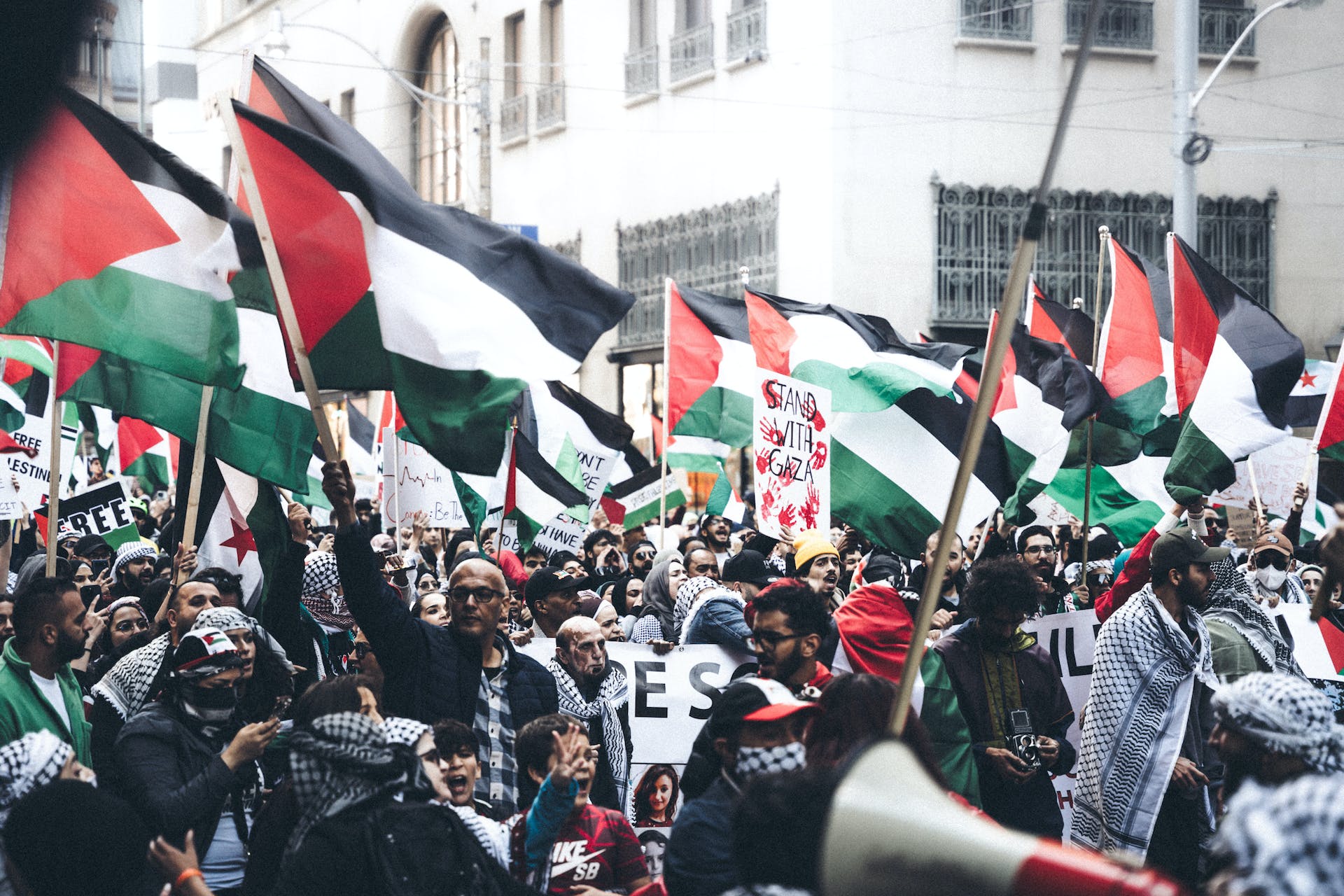Hamas-Fatah Talks: A Pivotal Moment for Palestinian Politics

In a significant development within Palestinian politics, the ongoing conflict in Gaza has brought Hamas and Fatah, two major Palestinian factions, into talks about a possible alliance in the postwar scenario. These discussions, however, reveal deep-seated rifts and complexities that go beyond the immediate conflict with Israel.
Hamas’s Stance on Hostage Situation
A senior Hamas official, Ghazi Hamad, has firmly stated the group’s refusal to engage in a hostage release that could potentially lead to further Israeli attacks. Speaking to Al Jazeera, Hamad emphasized that Hamas’s priority is a permanent ceasefire. His comments reflect a strategy aimed at ensuring the safety and security of Palestinians in Gaza, resisting any actions that might lead to immediate reprisals from Israel.
The Reconciliation Effort with Fatah
Despite the historical rivalry between Hamas and Fatah, Hamad has expressed a willingness for reconciliation and collaboration, particularly in light of the current war’s devastating impact. He mentioned that Hamas has repeatedly reached out to Fatah for joint decision-making but blamed Mahmoud Abbas, the President of the Palestinian Authority and leader of Fatah, for the lack of progress.
Potential Implications of a Hamas-Fatah Alliance
The possibility of a Hamas-Fatah alliance has significant implications. For one, it could trigger US sanctions against the Palestinian Authority, given the US designation of Hamas as a terrorist organization. The US, along with Israel, has expressed a desire for a revitalized Palestinian Authority to govern Gaza post-conflict, with the aim of diminishing Hamas’s influence in the region.

US Involvement and Future Governance
The stance of the US, particularly under President Joe Biden, has been clear: the administration wishes to see a strengthened Palestinian Authority taking control in Gaza after the conflict. This aligns with Israel’s strategic goal of weakening Hamas. However, the potential for a unified Palestinian front, combining the political sway of both Hamas and Fatah, poses a challenge to this objective.
Challenges Ahead
Despite Hamas’s openness to dialogue, Hamad noted the lack of positive steps from Fatah towards reconciliation. The primary obstacle appears to be Mahmoud Abbas’s reluctance to engage with Hamas. The path to a unified Palestinian authority remains fraught with internal divisions and external pressures.
Conclusion
The ongoing talks between Hamas and Fatah, set against the backdrop of the Gaza conflict, signify a crucial juncture in Palestinian politics. The potential for alliance and unification brings with it both opportunities for a consolidated Palestinian strategy and challenges, particularly in balancing international dynamics and internal political rifts. As the situation evolves, the Palestinian landscape may witness significant shifts in its political and strategic contours.
©globalpeacemovement.org
